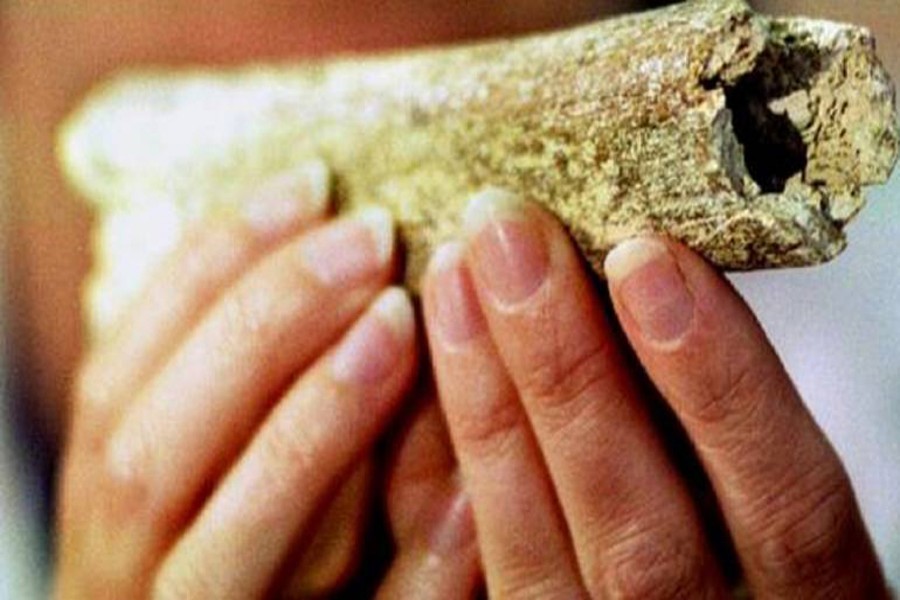A recent study has revealed our ancestors to have a high precision grip that enabled them to develop advanced stone tools such as spear points, reports Moneycontrol News,
As reported by Heritage Daily, the study, led by Dr Alastair Key, focused on a technique called “platform preparation” that allowed to use the stone tool in such a way that it would shape the stone into a pre-conceived design.
The technique of Platform preparation is crucial for developing advanced prehistoric stone tools, the earliest of which was discovered at the 500,000-year-old Boxgrove site located in West Sussex, United Kingdom.
The study investigated the use of hands, grips in particular while developing different types of early stone tools. Stone tool producers, also known as flint knappers were attached to sensors and this enabled the researchers to identify the technique which was required to apply the required pressure through the fingers to shape the stone.
The research carried out revealed the early human ancestors (Boxgrove hominins) required strong grips as compared with others who lacked the advanced skill. The study also suggested that only with the evolution of humans, was it possible to develop tools such as the handaxes which were found at Boxgrove and stone spear points that were discovered later.
The discovery was crucial in the sense that the survival of fossilised human hand bones is rare.
“Hand bones from before 300,000 years ago are rare, particularly when compared to other human fossils such as teeth, so the fact we can study the manipulative capabilities of our early ancestors from the stone stools they produced is incredibly strong,” said Keys.
The study was carried out at the School of Anthropology and Conservation, University of Sussex and was funded by the British Academy.


